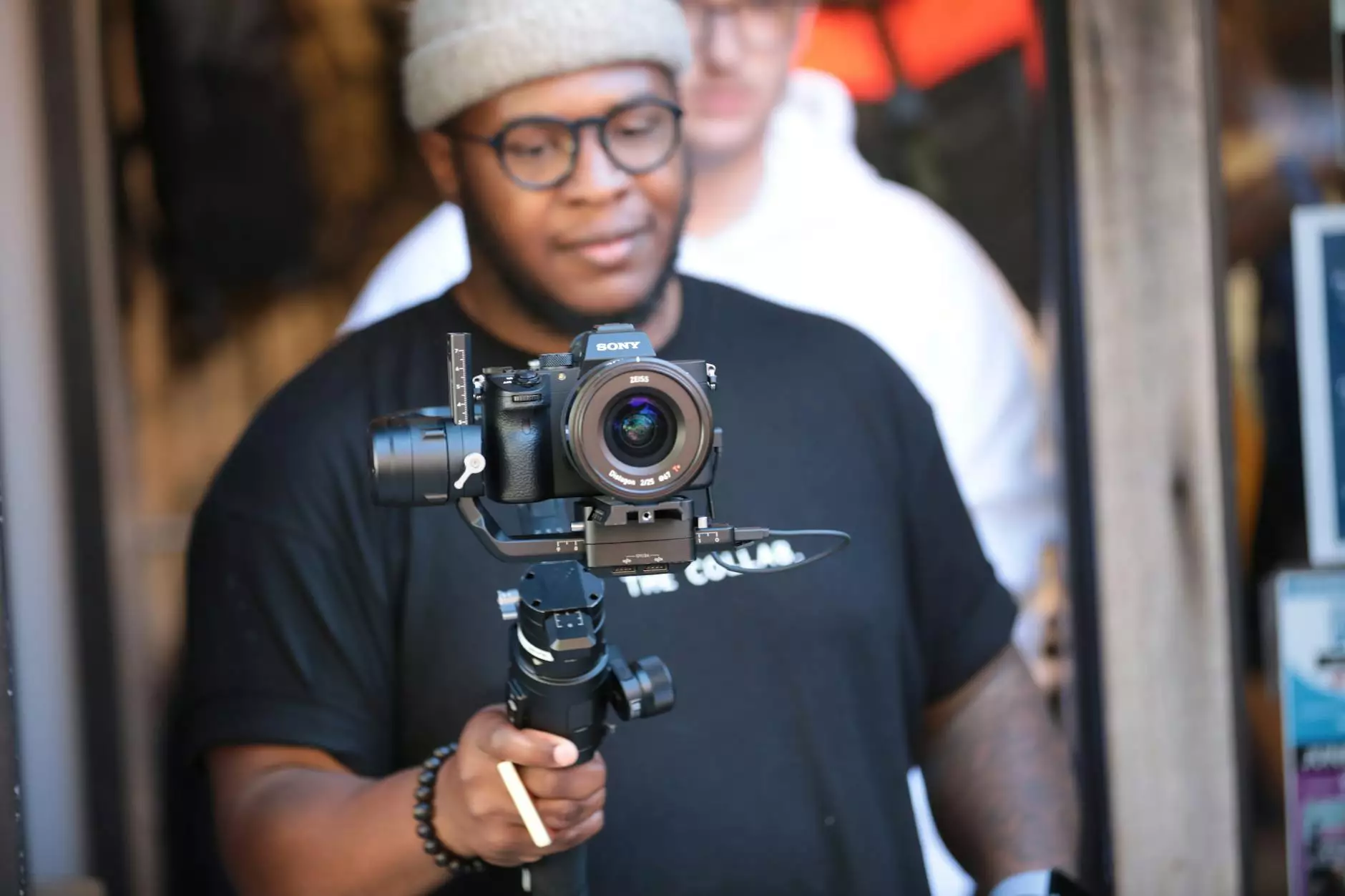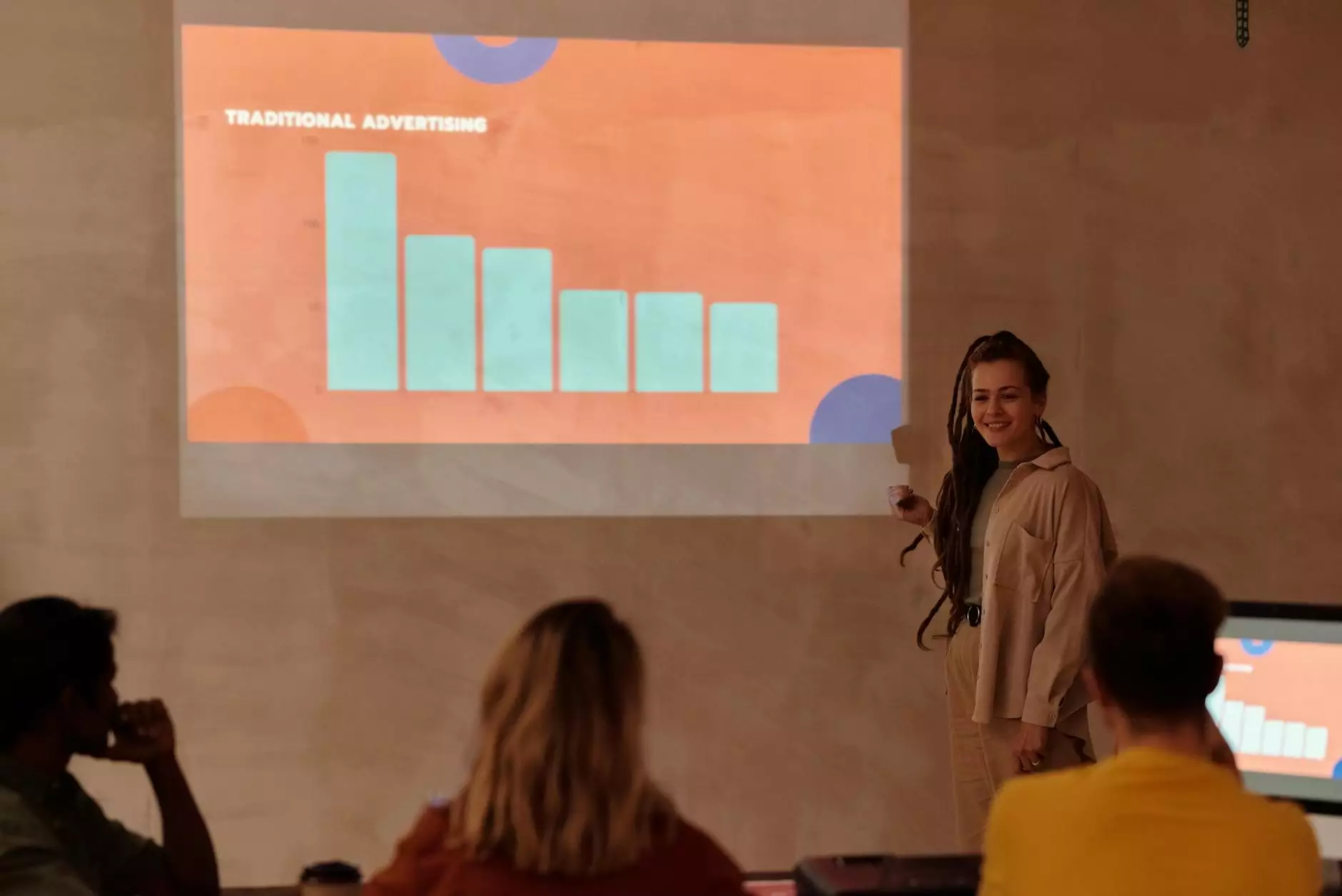The Truth About Real Fake Certificates

In today's world, the phrase "real fake certificate" often raises eyebrows and invites scrutiny. This paradoxical term captures the essence of a growing market that intertwines legitimate educational aspirations with fraudulent practices. Understanding this phenomenon is crucial for individuals seeking to advance their careers and for businesses offering educational services.
What Are Real Fake Certificates?
The term "real fake certificate" encapsulates a document that claims to confer legitimacy—such as a diploma or professional credential—while lacking the authenticity that such certification should possess. These documents may look genuine, boast impressive seals and signatures, and even replicate formats and layouts used by accredited institutions. However, at their core, they are manufactured without any affiliation to legitimate educational bodies.
The Rise of Fake Certificates in Education
The burgeoning demand for educational qualifications has fueled the market for fake certificates. This trend can be attributed to several factors:
- Competitive Job Markets: As industries evolve, employers are increasingly favoring candidates with formal education, leading many to seek shortcuts.
- Accessibility of Information: The internet has made it easier to find and purchase fake diplomas, undermining traditional routes to education.
- Cost of Education: The rising costs associated with genuine degrees push some individuals toward counterfeit options.
The Implications of Using Fake Certificates
While the allure of a real fake certificate may be tempting, the consequences of utilizing such documents can be dire. Here are some significant implications:
- Legal Repercussions: Using fraudulent documents is illegal and can lead to criminal charges, fines, and imprisonment.
- Professional Consequences: If discovered, individuals may face job termination, loss of professional licenses, and irreparable damage to their reputation.
- Impact on Organizations: Businesses employing individuals with fake certifications may suffer operational setbacks, legal challenges, and reputational harm.
Spotting a Fake Certificate: Essential Tips
For employers and institutions, knowing how to spot a real fake certificate is vital to maintaining standards of integrity. Here are some helpful tips:
- Verify the Issuing Institution: Check if the institution is accredited and exists through official channels.
- Examine the Quality: Authentic documents have specific qualities—look for watermarks, high-quality printing, and official logos.
- Contact Alumni: Reach out to alumni or current students of the institution to verify educational claims.
- Request Additional Documentation: Legitimate institutions provide transcripts and other proof alongside certificates.
Ethics and Education: The Need for Authenticity
The rise of fake certificates raises ethical questions surrounding the value of education. Authenticity in education is pivotal, as it ensures that individuals possess the necessary skills and knowledge for their professions. Allowing fake certificates to proliferate undermines the entire educational system, devaluing legitimate achievements.
Quality Education vs. Quick Fixes
When it comes to pursuing educational qualifications, individuals must weigh the benefits of quality education against the temptation of quick fixes like real fake certificates. Here’s why investing in genuine education pays off:
- Valuable Knowledge: Real education equips students with critical thinking, problem-solving, and professional skills essential for success.
- Networking Opportunities: Attending accredited institutions provides pathways to valuable connections within industries.
- Increased Job Security: Employers favor candidates with accredited education, leading to better job security and advancement opportunities.
Buy a Fake Diploma: Ethical Implications
Websites like buyafakediploma.com may offer enticing options for those looking for shortcuts in their educational journey. However, consumers should reflect on the ethical implications of such purchases. Engaging with businesses that sell fake diplomas reinforces a culture of dishonesty that can have lasting effects on society.
Steps to Protect Yourself from Fraud
As our society becomes increasingly digital, the risk of encountering fraudulent documents can grow. Here are some steps you can take to protect yourself:
- Education Programs: Familiarize yourself with authentic programs and institutions before enrolling.
- Research Backgrounds: Conduct thorough background checks on any potential employers to ensure they uphold ethical hiring practices.
- Consult Professionals: Seek guidance from accredited counselors or professionals who can assist with legitimate educational routes.
The Long-Term Impact of Fake Certificates
The long-term ramifications of engaging with fake certificates extend beyond immediate legal and professional consequences. On a broader scale, they contribute to a culture of dishonesty and devaluation of education. When the integrity of educational qualifications is compromised, it can dishearten genuine learners and deter individuals from seeking legitimate pathways to success.
The Importance of Advocacy for Authentic Education
Advocating for authentic education is vital in creating a future where individuals value their knowledge and skills. By supporting educational reforms and encouraging honesty in credentialing, society can work toward minimizing the allure of fake certificates. Organizations, educational institutions, and individuals must work together to uphold the principles of integrity and authenticity in education.
Conclusion: The Path forward
In conclusion, the concept of a "real fake certificate" sheds light on a pressing issue within the education and professional services sectors. While the temptation may exist to shortcut the traditional educational system, the potential ramifications are severe and far-reaching. By prioritizing genuine education, individuals can secure their future and contribute to a more ethical and robust workplace environment. Education should be viewed as a valuable asset, not just a means to an end. The journey toward knowledge and skills is an investment—one that will ultimately yield more significant rewards than any fake certificate ever could.









